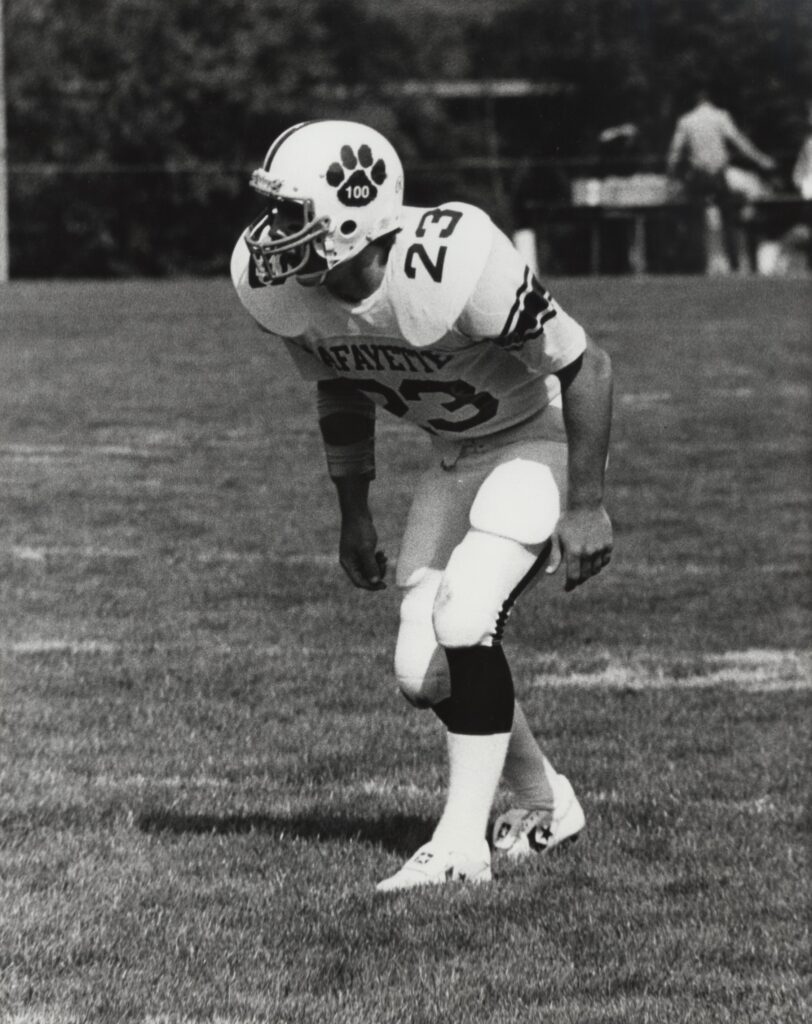 We have become a society that relishes “Drop the Mic” moments, yet these moments do not recognize the hard work required for change. Instead, we should “Pick Up or Pass the Mic”, which is how the work gets done. The “mic drop” implies an exit or ending, but “picking it up” is an instruction to think about what we’ll do next.
We have become a society that relishes “Drop the Mic” moments, yet these moments do not recognize the hard work required for change. Instead, we should “Pick Up or Pass the Mic”, which is how the work gets done. The “mic drop” implies an exit or ending, but “picking it up” is an instruction to think about what we’ll do next.
Mic drop moments are self-glorifying typically with a boastful attitude toward an individual’s performance; they are an outcome of today’s social media world –quick wins, gothca moments, and done for ‘likes.’ They are often ego driven and signal a perceived superiority and finality that “I have said it all with nothing left to say or debate.”
All the effort required will not end with us dropping the microphone and walking dramatically away. Instead of ending and resting on our laurels after a big accomplishment, let’s pick up the mic or pass the mic to continue pushing forward. There is always a next step, a next move, another goal. A mic drop breaks momentum; we lose the opportunity to continue to influence and use our platform for good.
A mic drop perpetuates the “arrival fallacy,” the false belief that we will be happy once we reach a certain achievement. Being focused on the mic drop prevents us from seeing what comes next, even when it is in plain sight, good or bad.
We are misusing the microphone when we drop it to announce our victories. The allure of dropping the mic fades relatively quickly, the staying power of passing the mic grows and keeps things present. After the ‘boom’ created by the microphone hitting the floor, we can expect some kind of a bounce, a clatter, and a roll. Those are simply the sounds of real life.
Sermons, speeches, social media posts, sound bites that are centered on drop the mic moments need to inspire continuity. Someone should be picking up the falling mic, even as it is in midair.
The opposite of a mic drop is a mic pass moment. Mic drop moments might win applause, but mic pass moments build trust. Mic drop moments may go viral, but mic pass moments go far. Passing the mic is a call to action to keep climbing. In many ways it is like passing the baton. It demonstrates persistence in the face of having made a strong point.
I have done presentations that were impactful, but the final sale required customer engagement and service beyond the presentation. Thomas Paine’s incredible piece of journalism, Common Sense, had a profound effect in transforming public opinion – it could be considered a mic drop moment – but it required the actions of the Founding Fathers, years of war for America to ultimately gain independence. FDR’s Day of Infamy speech of December 8, 1941, was an iconic and powerful moment in American history. Thirty-three minutes after he finished speaking, Congress declared war, marking the nation’s swift and unified transition from neutrality to entering World War II. Again, that moment required millions of people to pick up the mic.
Although using a mic drop moment to announce a well thought out program can be the springboard to fuel the program’s early growth, leaders of companies, organizations, teams, and even nations can get caught up in the attention of dropping the mic creates. When doing so, they miss out on developing the people around them. Drop the mic moments don’t build teams or communities. The ultimate goal of a leader should be for an initiative to become an ongoing part of the culture, which will always require passing the mic.
St. Paul writes in his letter to the Colossians (4:6), “Let your speech always be gracious, seasoned with salt, so that you know how you should respond to each one.” This communication is relational and ongoing. Where a mic drop is about personal victory in a prideful, final act of dominance that shuts down conversation through superiority; Paul is advocating kindness and patience, while using wisdom and discernment (like salt enhancing flavor) that honors God and benefits others.
In Luke 4:21, we get a mic drop statement from Jesus when he says in his hometown synagogue, “Today this Scripture has been fulfilled in your hearing.” His words established the time of fulfillment of the Old Testament prophecy. However, the mic wasn’t dropped. It was the beginning of His ministry. Even more impactful was Jesus’ death on the cross. It could be considered a ‘drop the mic’ moment. However, if the Apostles don’t pick up the mic, we have no Christianity today.
We should never drop the mic. We do not need to call attention to ourselves or feed our egos. Let’s communicate with grace, truth, and the purpose of building up our neighbors and bringing out the best in conversations with them. Let’s invite further dialogue by demonstrating the wisdom and character of Christ, potentially drawing others toward the gospel.




